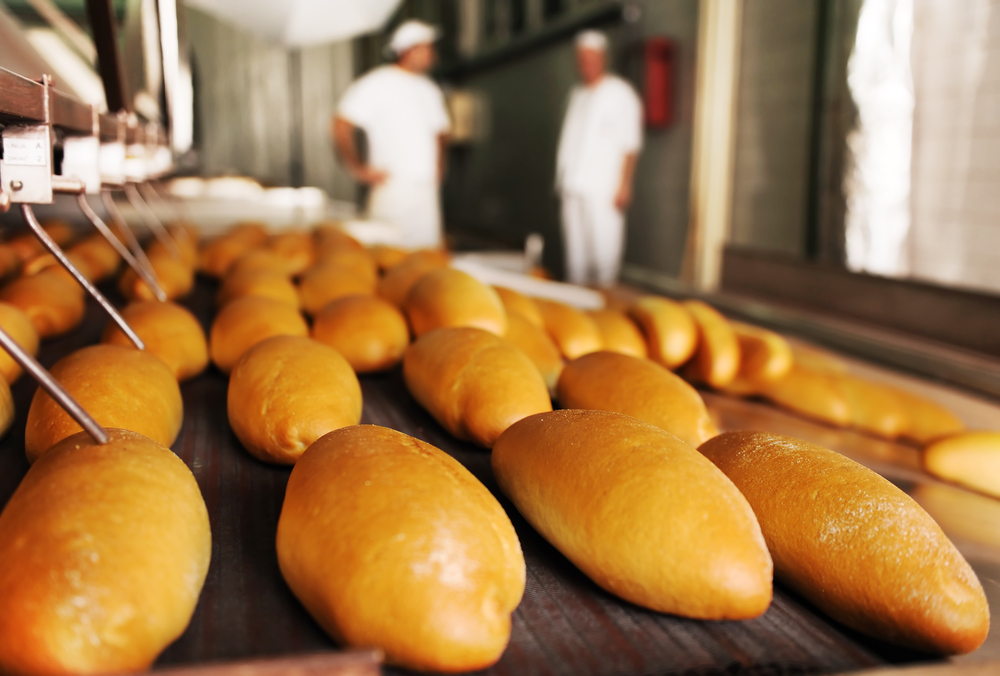In today's conscientious customer landscape, the need for ethically sourced and also sustainable products has actually surged. Private label food manufacturers have emerged as trailblazers in this domain, typically collaborating with agreement food makers to spearhead sustainability and accountable sourcing campaigns. With a tenacious commitment to environmental values, exclusive label brand names have actually made it their goal to deliver lasting, premium alternatives to consumers.
Private Label Food Manufacturers
Recently, private label food manufacturers, also called very own brand names or shop brand names, have seen an amazing rise in popularity. These makers produce products marketed under the logo design of a store, grocer, or personal entity. What collections private-label items apart is their capacity to provide competitive prices without jeopardizing on top quality.
Agreement Food Manufacturers
Many private-label food manufacturers join pressures with agreement manufacturers to establish their product lines. Agreement food manufacturers are professionals in creating foodstuff for private tags. This strategic partnership enables exclusive label firms to use the expertise, sources, as well as specialized food manufacturing centers of their partners.
Sustainability at the Core
Private label food manufacturers utilize different techniques to improve private label cheese sustainability within their supply networks:
Ethical Sourcing:
Personal label firms are progressively devoted to sourcing components according to honest as well as reasonable trade requirements. This involves making sure that manufacturers and also employees of basic materials, such as coffee beans, spices, or cacao, get reasonable payment for their efforts.
Neighborhood Sourcing:
Focusing on regional sourcing of ingredients is an additional characteristic of private-label food makers. This not just lowers the carbon footprint associated with transport but likewise supports neighborhood farmers and areas.

With the health food market increasing, personal labels are reacting by incorporating organic active ingredients right into their line of product. Organic farming practices prioritize dirt health and wellness while shunning artificial chemicals as well as plant foods.
Sustainable Seafood:
Private Label Food Manufacturers are persistent in guaranteeing that the seafood they use is sustainably gathered, adhering to standards established by companies like the Marine Stewardship Council, which advertises liable angling.
Minimized Food Waste:
Exclusive label business are proactively working on decreasing food waste by executing reliable manufacturing procedures and creating products with longer life span. Some brand names are also partnering with food rescue organizations to contribute excess food to those in requirement.
Eco-Friendly Product Packaging and also Campaigns
Sustainability efforts by private-label food suppliers expand beyond sourcing components to encompass packaging as well as environment-friendly efforts:
Sustainable Packaging:
Personal label brands have actually embraced environmentally friendly packaging alternatives, including recyclable, biodegradable, or compostable products. Upgrading packaging to minimize excess product and decrease environmental impact is a top concern.
Waste Reduction:
To minimize wastage, private-label food producers optimize product sizes, reduce excess packaging, as well as explore ingenious packaging solutions. Some brands even encourage consumers to participate in recycling programs.
Energy Efficiency:
Several private label suppliers are purchasing even more energy-efficient production plants, decreasing water use, as well as embracing renewable resource sources to even more reduce their environmental footprint.
Carbon Neutral Initiatives:
Some private brand food makers are taking enthusiastic steps to attain carbon neutrality by countering their greenhouse gas exhausts through reforestation tasks and renewable resource credit ratings.
Difficulties and the Roadway Ahead
In spite of the significant strides made in sustainability as well as responsible sourcing, private-label food manufacturers encounter obstacles. Balancing sustainability with cost-effectiveness can be a fragile act, occasionally requiring concessions on sustainable active ingredients or the exploration of environmentally friendly choices.
However, the future of private-label food manufacturing holds terrific guarantee. As consumer recognition as well as demand for lasting products remain to rise, private-label brands as well as their contract food manufacturing companions are likely to magnify their efforts. Partnership with distributors as well as financial investment in lasting technological advances and also transparency will be essential in shaping a lasting future for the industry.
Regularly Asked Inquiries

Q1: What are private label food manufacturers?
Private label food manufacturers create goods marketed under the logo of a retailer, grocer, or personal entity. They offer competitively valued products without jeopardizing on top quality.
Q2: How do private label food manufacturers promote sustainability?
Private label food manufacturers advertise sustainability with ethical sourcing, regional component purchase, making use of natural active ingredients, sustainable fish and shellfish practices, and initiatives to decrease food waste.
Q3: What eco-friendly product packaging alternatives do private label brand names use?
Personal label brand names adopt environmentally friendly product packaging alternatives such as recyclable, eco-friendly, or compostable products. They additionally upgrade packaging to reduce excess product as well as decrease environmental impact.
Q4: What challenges do private label food manufacturers encounter in sustainability efforts?
Stabilizing sustainability with cost-effectiveness is a significant difficulty for private label food manufacturers. This may require concessions on lasting components or the exploration of eco-friendly alternatives.
Final thought
Private label food manufacturers go to the leading edge of the sustainability as well as liable sourcing activity within the food market. Their commitment to honest sourcing, local procurement, natural components, and sustainable methods, along with their dedication to eco-friendly product packaging and waste reduction initiatives, show their determination to fulfill the needs these days's eco-conscious customers.
In spite of the obstacles they face, private label food manufacturers are positioned for an encouraging future. With consumers significantly prioritizing sustainability, the market is likely to witness also greater cooperation with distributors, investment in lasting modern technologies, as well as a commitment to openness. As we progress, private label food manufacturers will remain to play a crucial function fit an extra lasting and also honest food landscape for all.